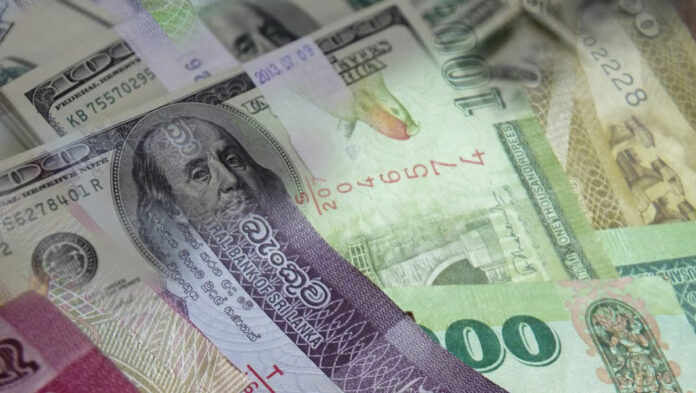[ad_1]
ECONOMYNEXT — Sri Lanka has launched a ‘National Operations Secretariat’ named Urumaya at the president’s office to oversee plans to grant freehold land titles to two million families.
The secretariat is located at the president’s office in the old Standard Chartered Building, Colombo.
“President Ranil Wickremesinghe’s vision of empowering farmers through land ownership takes shape as the government announces plans to grant freehold titles to two million families. This initiative aims to address long-standing concerns regarding land rights in rural Sri Lanka,” a statement from the president’s media division (PMD) said.
President Wickremesinghe first announced the plan during the 2024 budget speech in November 2023, noting that 2 billion rupees has been allocated for the project.
Sri Lanka has large tracts of state land, some of which were given to settler families under various agricultural schemes after independence, but without freehold.
Some land cannot even be inherited by a girl child, critics have said.
Attempts to given freehold land to rural farmers have met with opposition from sections of the urban intelligentsia in the past, who themselves enjoy the benefit.
“The government’s plan to distribute two million freehold land titles to farming families has sparked discussions about its potential impact on rural communities and land ownership in Sri Lanka. This initiative, aligned with President Ranil Wickremesinghe’s vision, seeks to address concerns about land security for farmers,” the PMD said.
“The Urumaya National Operations Secretariat, established under the President’s Office, works to deliver timely solutions to community problems. It achieves this by implementing the steering mechanism, which involves collaboration with relevant institutions,” it added.
For assistance with grant deed issues and registration at the “Urumaya” National Operations Secretariat, the Urumaya office can be contacted on 0114354600-1 or via e-form at https://tinyurl.com/yb98yhey.
In most feudal societies, land is owned by the sovereign unless specific grants (to temples for example) are given. Freehold (fee simple or absolute ownership) developed in Britain and spread to other countries.
The President said that the Waste Land Ordinance that was passed in 1897 enabled the British colonial government to acquire thousands of acres of rural land across the country.
Until European rule, Sri Lanka did not have freehold land and the country operated service tenure, until the British abolished the system.
In former Dutch areas, land ownership was developing in stages. Freehold land can be sold and also divided without approval of the sovereign.
As a result the Sri Lanka government became the largest owner of land.
However Sri Lanka’s post-independent rulers expropriated large tracts of land, on which freehold had developed through Dutch and British rule under so-called ‘Land Reform’.
In recent years land was also take over for public purposes for cash without giving citizens alternate land, further undermining freehold and private land ownership.
Sri Lanka under various agricultural schemes gave away forested land to settlers in Mahaweli and similar areas but they were not free hold and could not be readily sold. (Colombo/Feb02/2024)
[ad_2]
Source link


